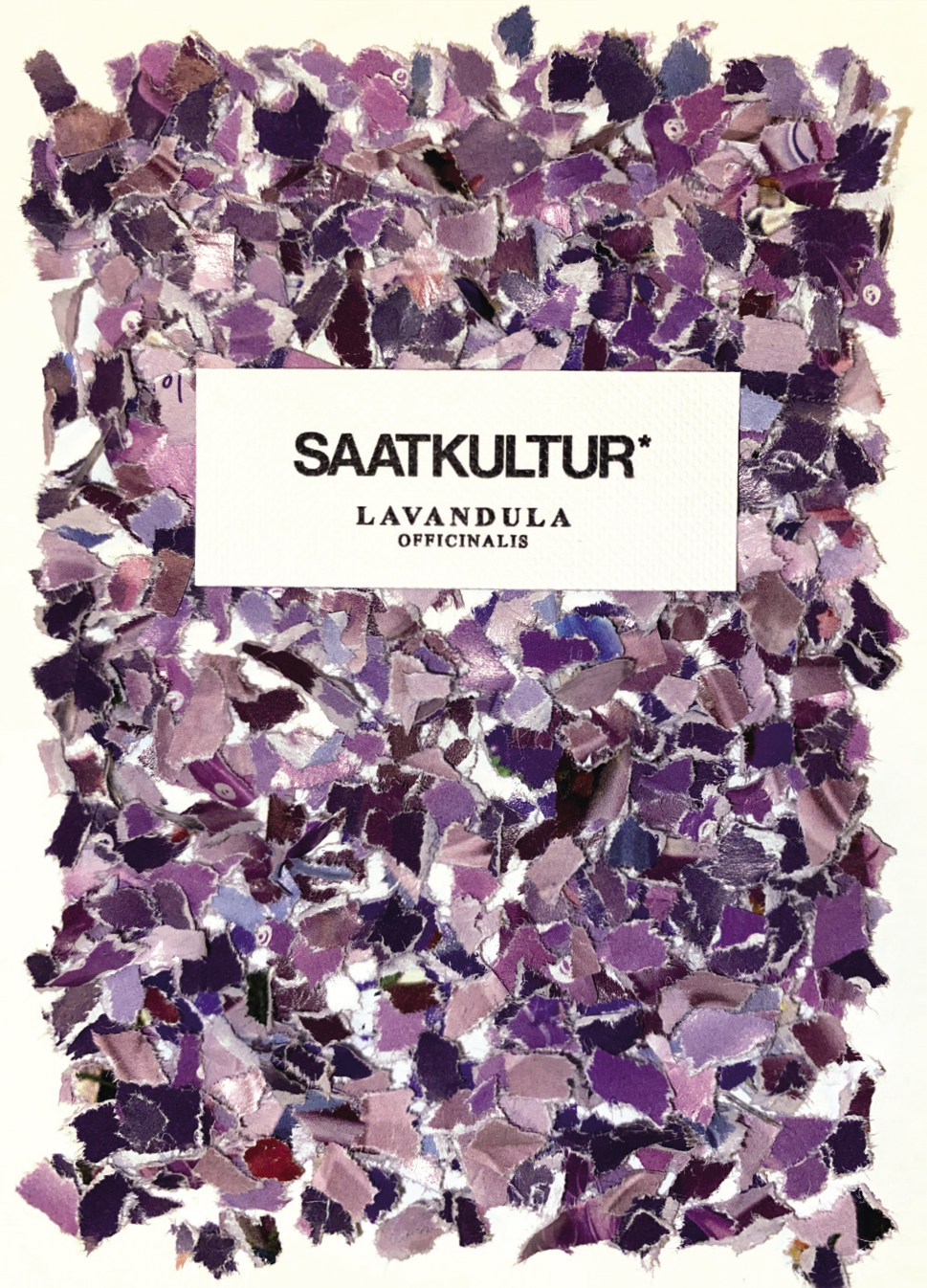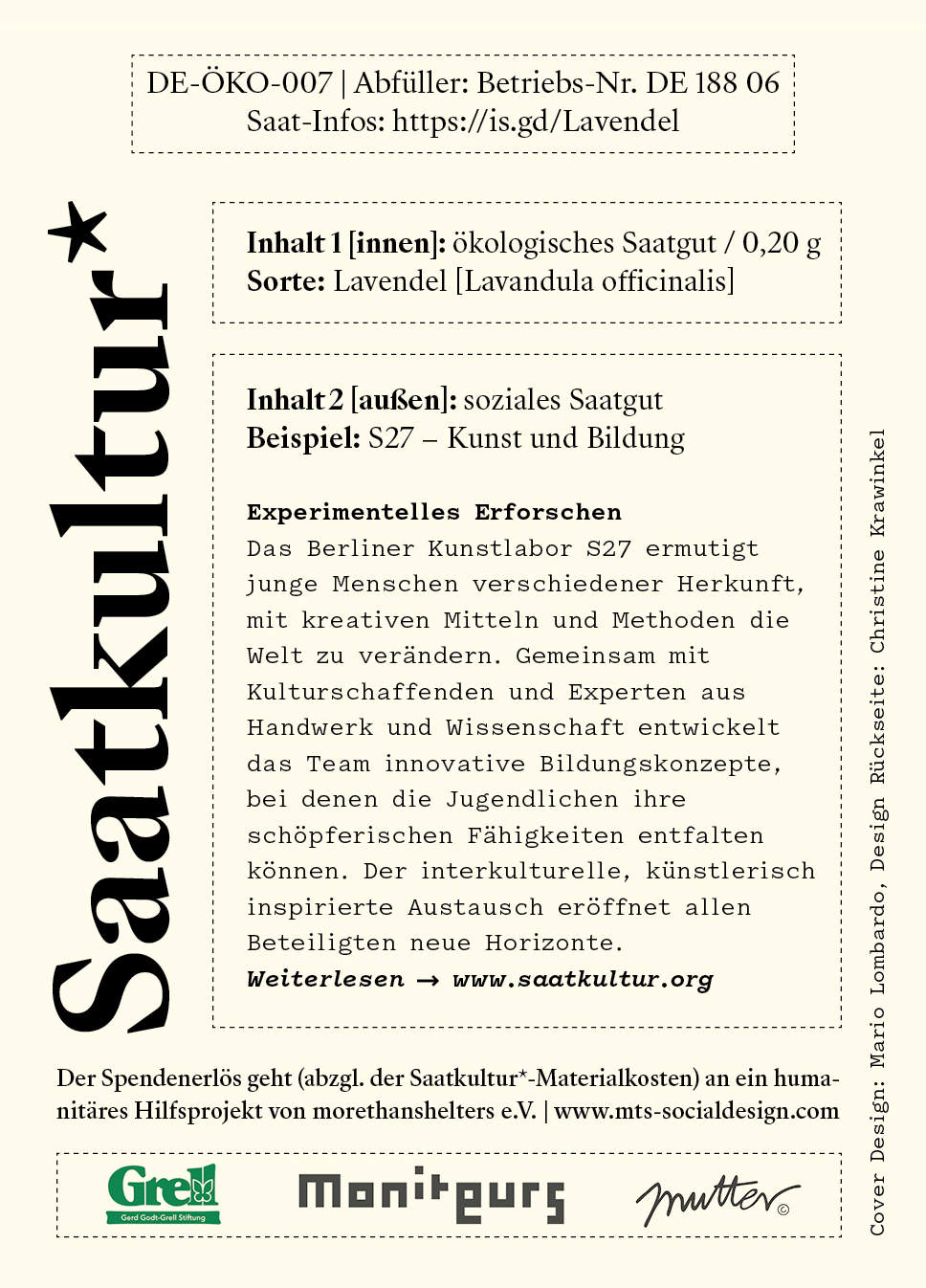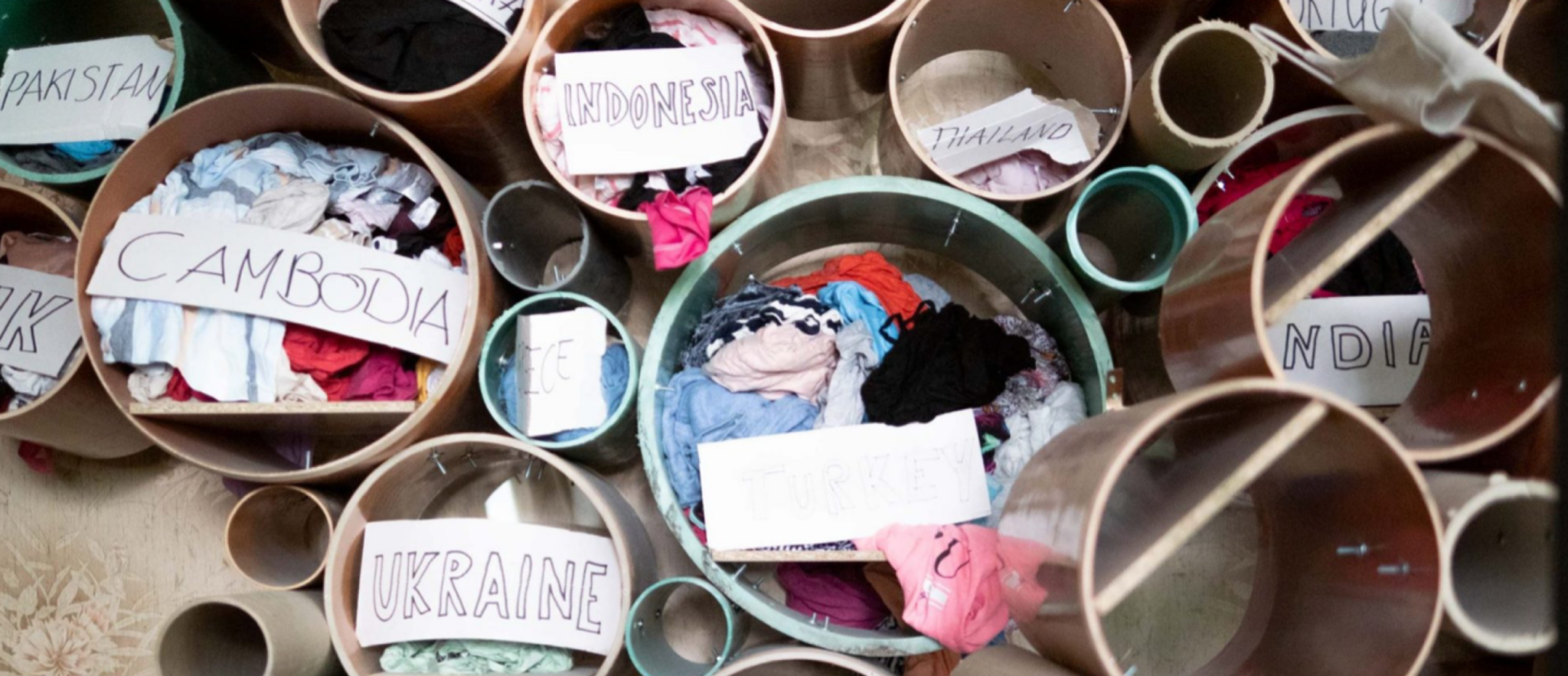
S27 – Kunst und Bildung
Experimental exploration
The Berlin urban laboratory, S27 – Kunst und Bildung, encourages young people from different backgrounds to use creative means and methods to change the world.
The word “cucula” comes from the West African language Haussa and means “to put something together, to connect.” The S27 team chose this term as the name for a project that entailed assembling and connecting both on an objective level and in a figurative sense. It opened the experimental workshop CUCULA in 2014, where young refugees from West Africa learned to build their own furniture based on the DIY line Autoprogettazione by Italian designer Enzo Mari. In the course of the project, this gave rise to the Refugees Company for Crafts and Design, which was detached from S27 and paved the way for participants to enter vocational training, the job market and a new society.
S27 sees itself as an urban laboratory for creative research by and with children, adolescents and young adults. It is supported by the Verein zur Förderung der interkulturellen Jugendarbeit e. V. (Association for the Promotion of Intercultural Youth Work) and was founded in the early 1980s under the name Schlesische27, based on the location at 27 Schlesische Straße, although the team now uses the shortened name S27.

Together with cultural specialists from all disciplines and creative people from crafts and sciences, the team develops innovative educational concepts in which young people from different backgrounds can evolve their creative abilities and thus actively participate in the advancement of society and their environment. The projects aim to sharpen the senses of young people and inspire them to develop and try out utopias.
The young art and culture house works on a wide range of topics. In addition to social transformation, democracy development and decolonization, it is concerned, for example, with changes in urban spaces. Furthermore, S27 is dedicated to the culture of crafts and working worlds and focuses on circular processes, recycling and re-design. Moreover, the team also deals with time/history and memory culture. It has been awarded the Roman Herzog Prize and the BKM Prize for Cultural Education, among others, for its work.
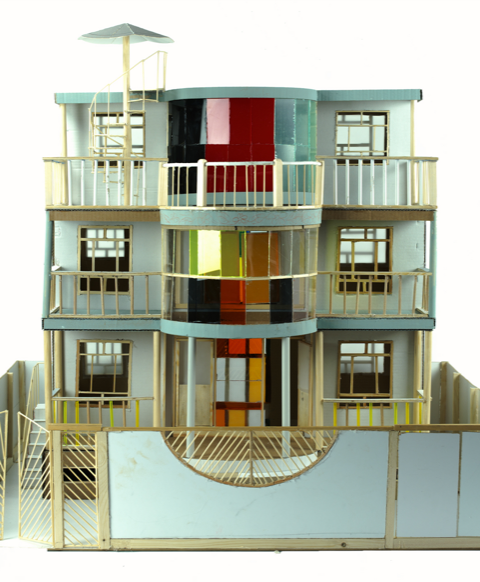
The projects offer a variety of access options – both for local young people and for refugees. The Teufelsberg Opera project (2018), for example, was about tracing Berlin’s buried history. On the site explored, there are shards, doorknobs, cables and rubble remnants that bear witness to Berlin’s destruction during World War II. The mixed groups included Syrian and Afghan teenagers whose villages and towns had been destroyed before they fled. Together with the Neukölln Opera and contemporary witnesses, the course searched for traces and explored how a living city could grow out of the rubble. Based on the sound recordings and the objects found, the exhibition Archivraum Teufelsberg Opera and the play Amnesie Atlantis by the Young Ensemble of the Neuköllner Opera were finally created.
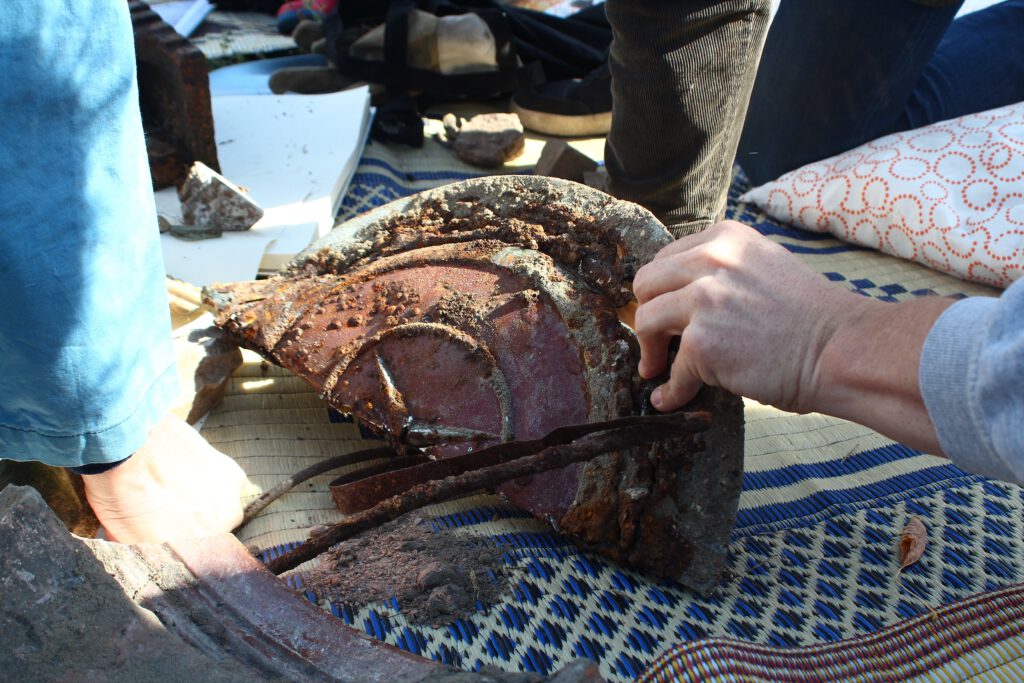
The CUCUwohnen project (2019/20), conceived as an experimental housing association, was also about exploring urban spaces. Considering current high rents and the scarcity of living spaces, the participants set out to find hidden places and usable niches “for nesting and spontaneous building” and turned their ideas into installations. At the Haus der Statistik, for example, Sigma12, a group of students and trainees, converted an unused, boarded-up showroom into a capsule hotel and equipped the individual cells with a mattress, USB connection, WLAN and light.
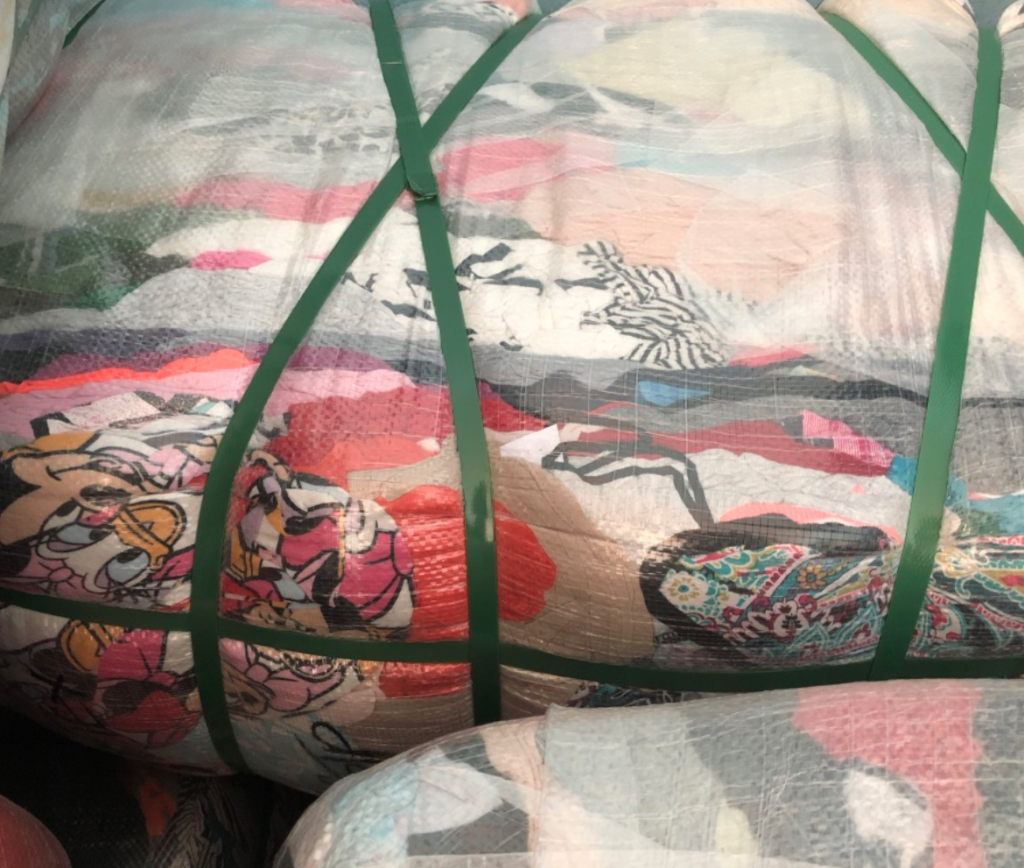
The Pushback Productions project (2020) also offered exciting prospects to young people from a wide variety of backgrounds. The workshop dealt with the facts of Europe sending huge quantities of old clothing to Africa, thereby destroying local textile markets and depriving people of their means of existence, while at the same time carrying out pushbacks of refugee boats in the Mediterranean. With partners in Benin, Kenya and Cameroon, S27 organized the reversal of the textile shipment. Half a ton of old clothes were shipped from the African markets back to Berlin. Using these clothes, the participants developed various artistic experiments. Some processed the material on the sewing machine, others used it to form plaster casts or textile sculptures, which they stabilized using solidified sugar.
Dealing with the fabric that traveled to Africa and back allowed the young people to get up close and personal with issues like economic exploitation and neocolonial practices. Because of the participants’ diverse biographies, the team was able to look at European clothing consumption from different perspectives. With projects like these, S27 proves again and again that intercultural, artistically-inspired exchange opens up new horizons for all participants.
Introimage:
project: Pushback Productions [photo: © Luis Krummenacher]
